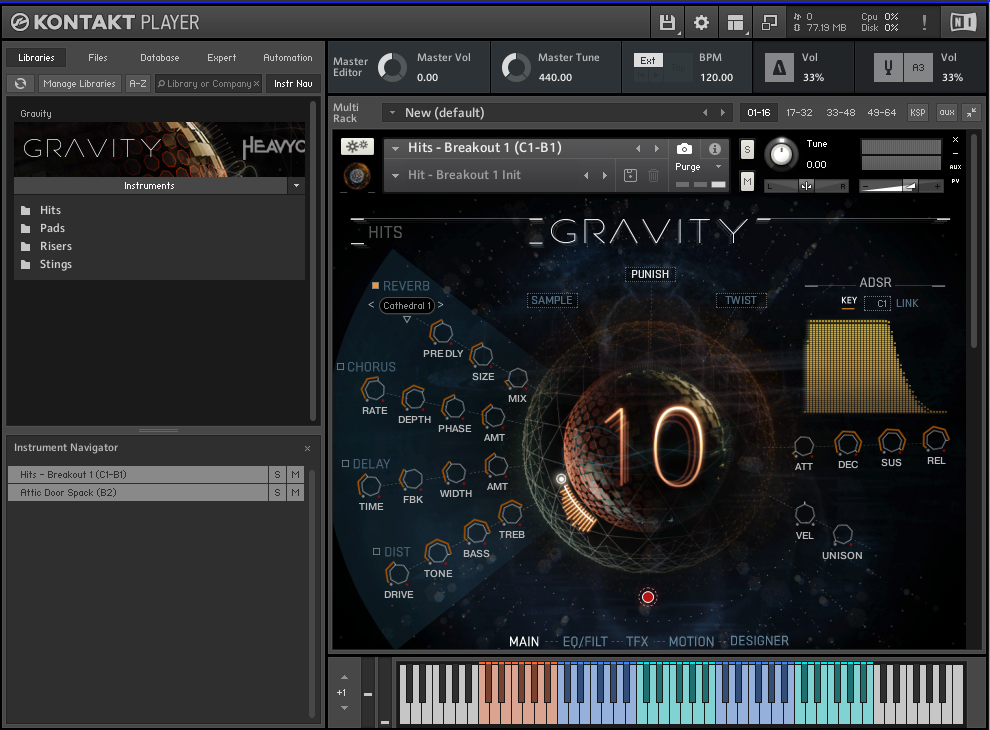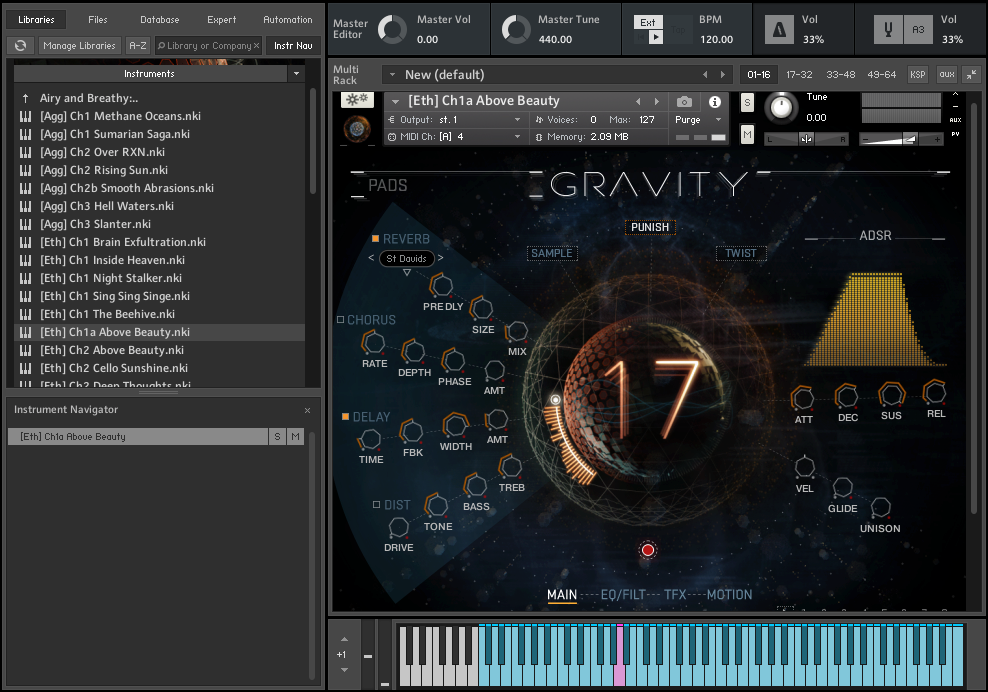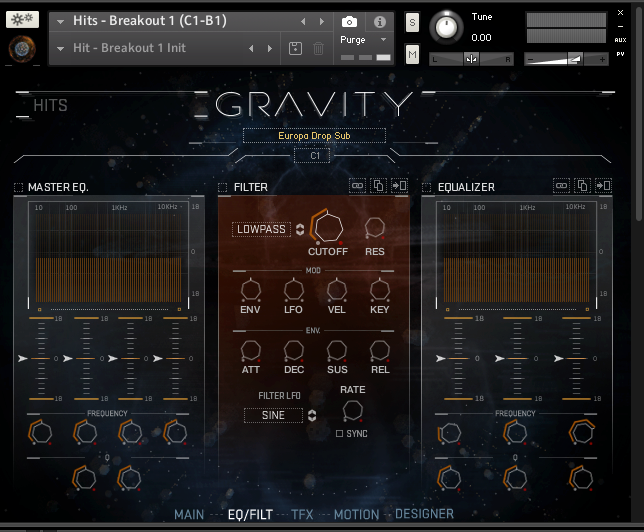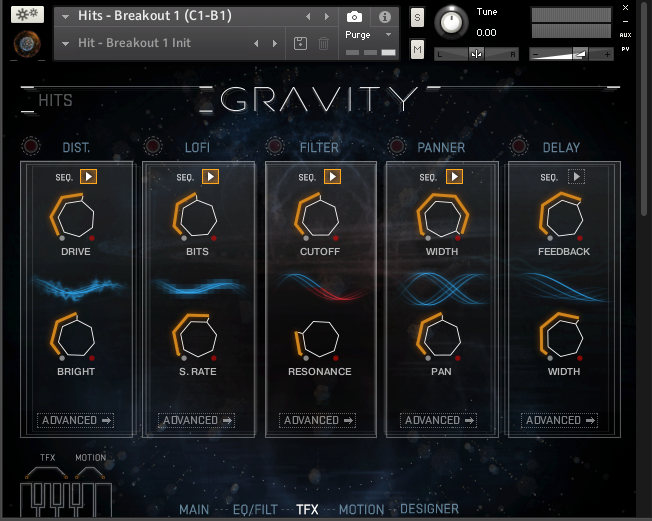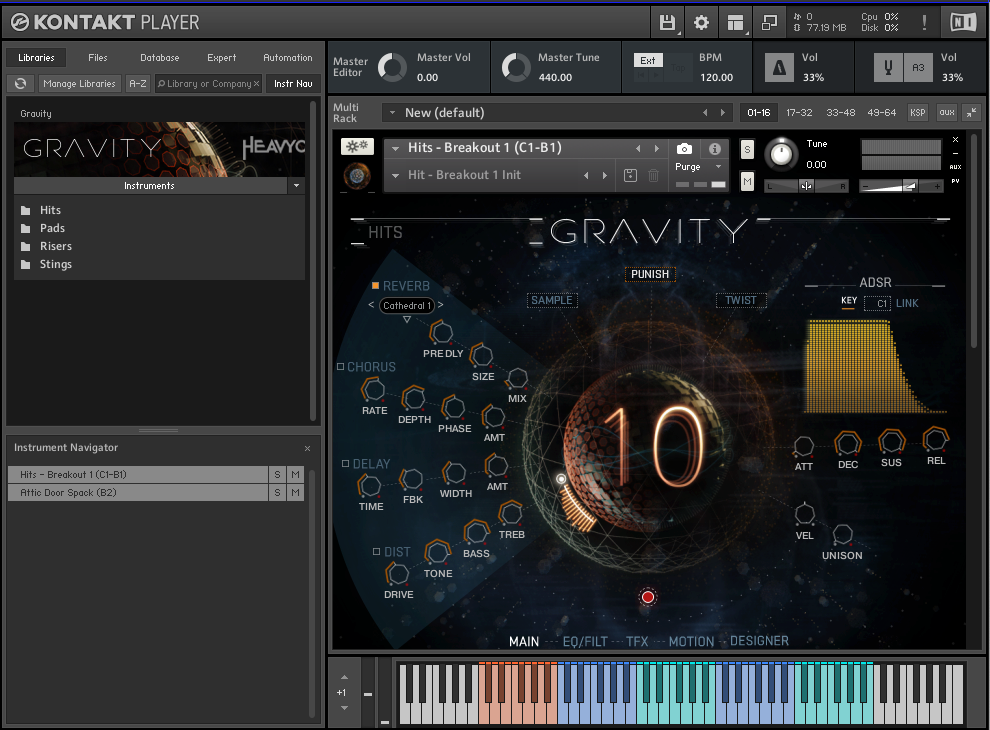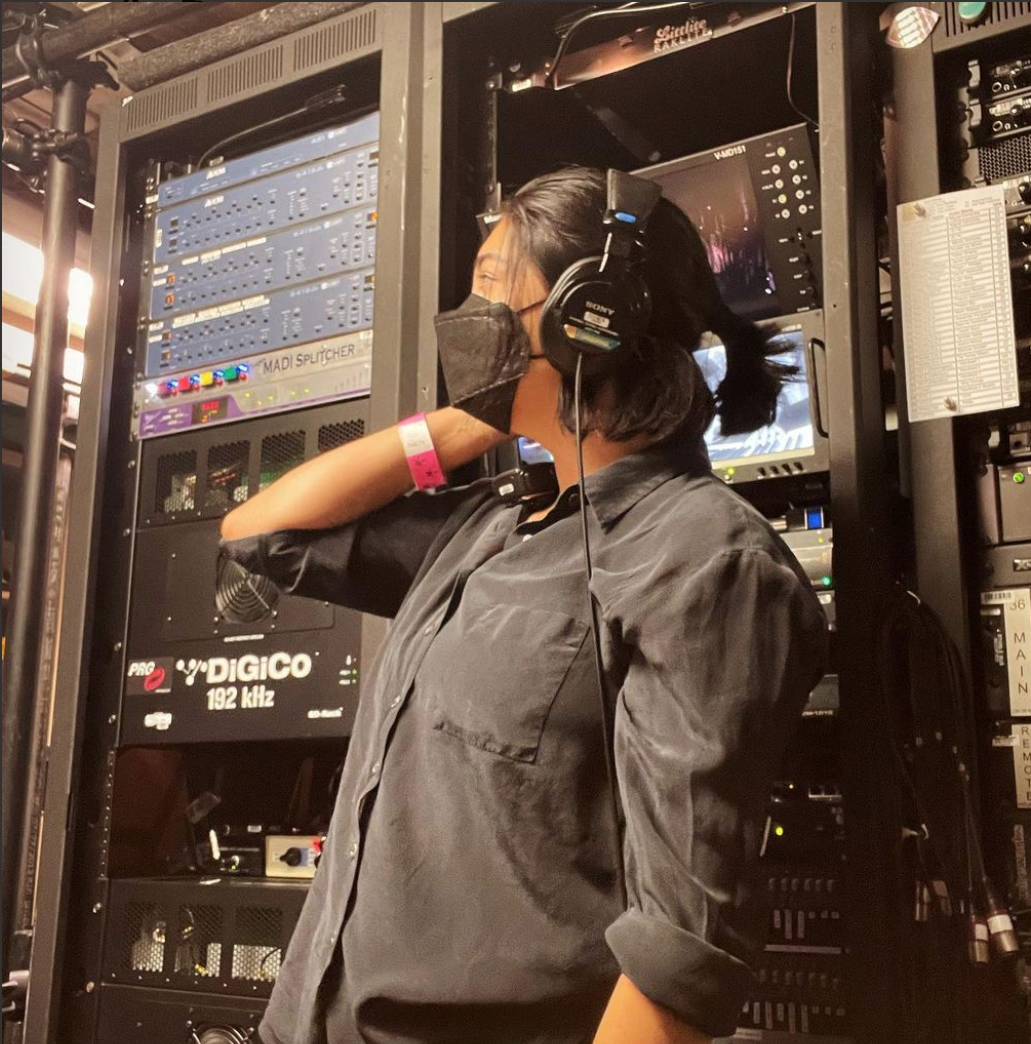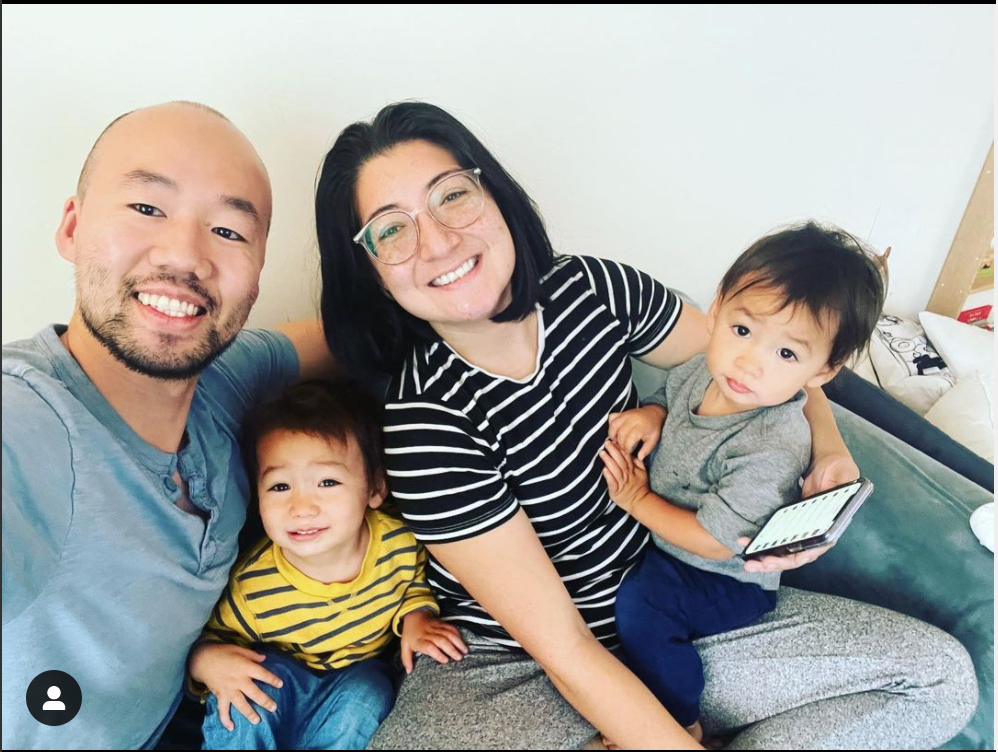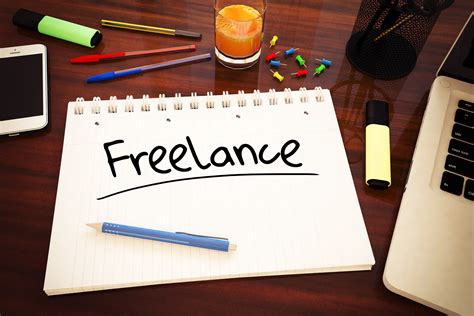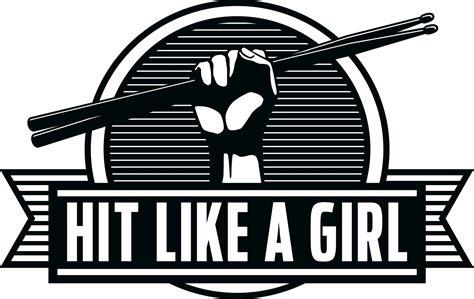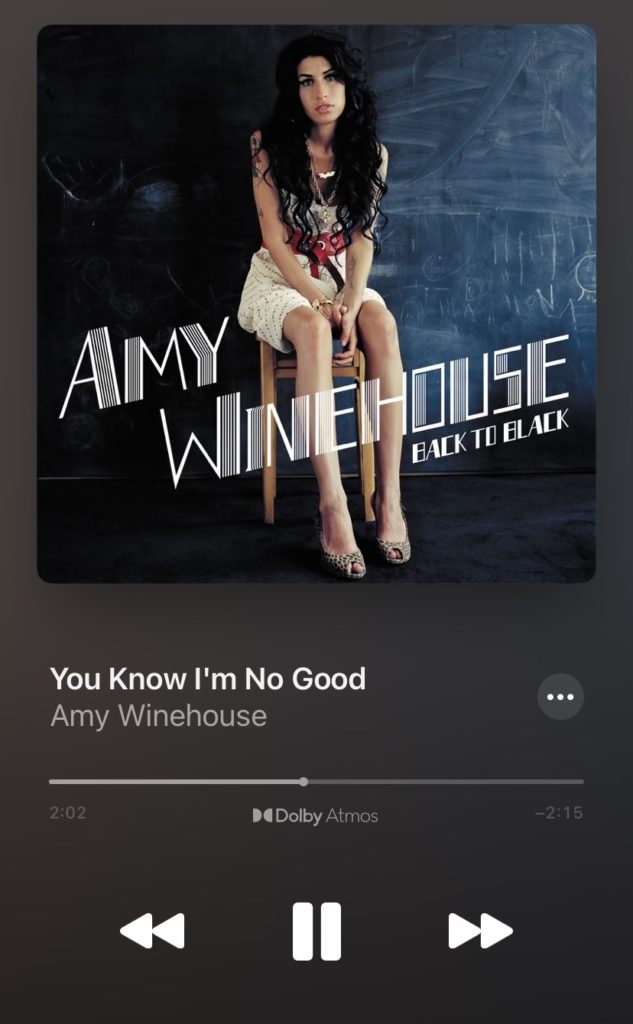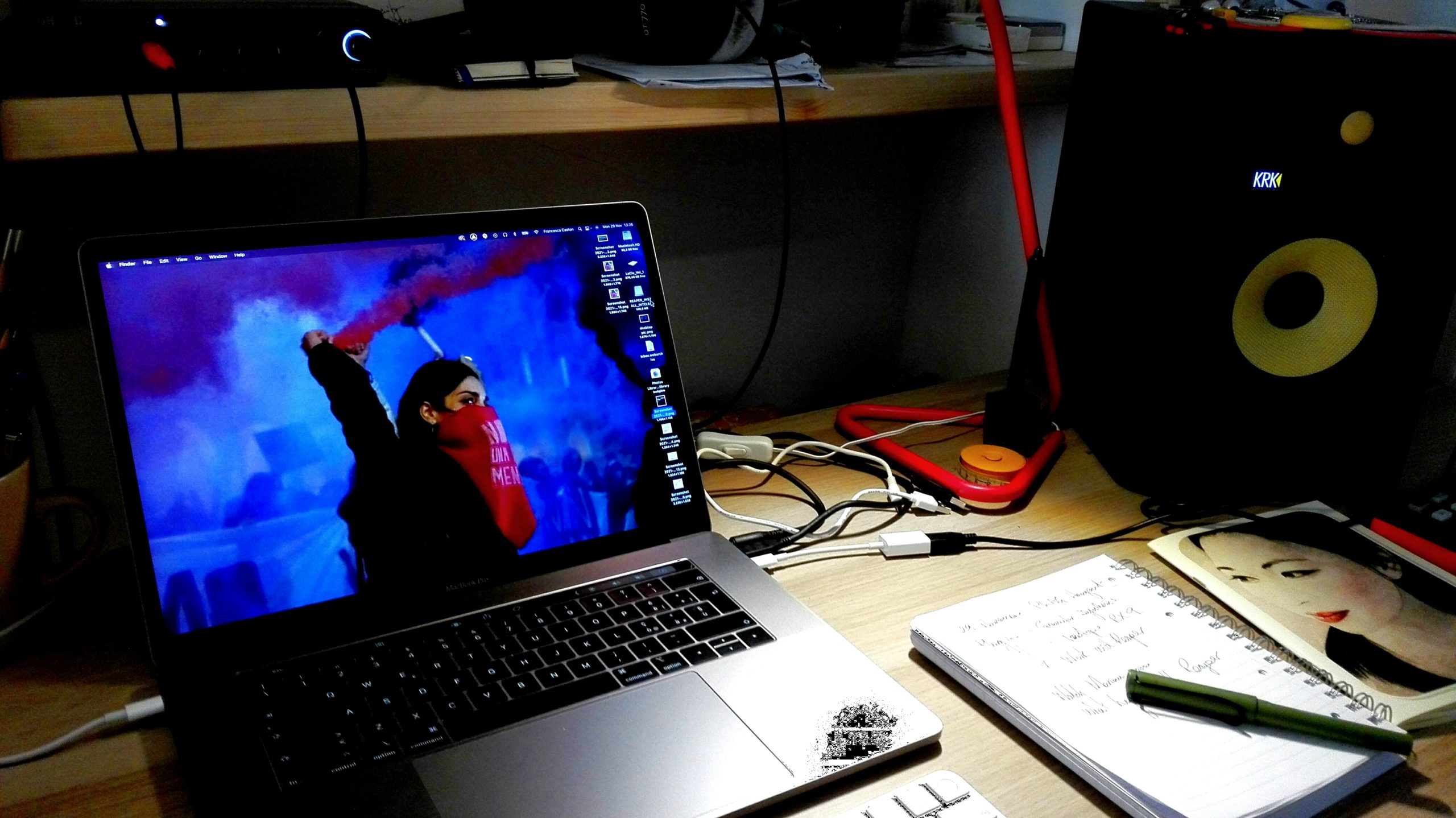Hi SoundGirls
I’m Francesca but you can call me Frà, as do my friends in Italy, where I live; Turin to be precise. I refer to myself as an Experimental composer/musician with my origins in Electroacoustic composition, which is something I did over forty years ago at University in the UK.
Before I begin my first blog, I’d like to put my writing in context. For this, I’ll draw on a saying of the French Feminist movement from the mid to late sixties:
“D’où tu parles?”
Literally, where do you speak from? Which in my case means, this writing is my viewpoint, based on who I am, my formative years and growth into adulthood, my social relationships my experiences in and around music, and nobody else’s: so…
I am a white woman who was born, grew up, and educated in England of an English father and an Italian mother, the latter being one reason I live in Italy now. Philosophically, I am a left-leaning, liberally oriented feminist, an out, gay woman. While this may seem unnecessary information for a blog about music production, I can honestly say that who I am and how I feel, influences my music and my attitudes towards other female composers and producers in music, and every other activity, for that matter. I care about matters of race, class, gender, sexual and romantic orientation, the safety of women, the plight of refugees, so many, many things, as I’m sure you will be aware of too. Each of us will have a view on these things and, on the surface, there may be a remarkable sense of collectivity of thought but each of us with their differing experiences will have a nuanced view which, in the collectivity of the whole, contributes to and affects all our joined understandings. Does this affect the way I wish to make and perceive music? It most certainly does.
Oh, and I almost forgot to mention my constant companion, Attention Deficit Hyperactivity Disorder (ADHD). She certainly influences my music; she is my creative muse or the bit of my brain that goes into overdrive during my moments of creation and enlightenment… but she can be a bitch, sometimes leaving me at the shoreline, standing on the edges of decision, crucial and alone… It’s been like this most of this year. However, I’d never desert her; we’ve lived dreams that defy all understanding…
Anyway, when I draw on any of my experiences in creating a piece of experimental music, it does two things: one, it’s a part of my life that has shaped that music and give it life, and while a listener may not perceive this, I feel that I have been as authentic as I can be; and being ‘authentic’ is important to me. The second thing it does is help structure the piece. Perhaps, related to images, shapes, rhythms, and pulse, or other musical traditions and styles, and quite often I create a narrative thread in my mind, which might include poetry. For example, this poem by Audre Lorde, “A Litany for Survival” speaks for women of colour in particular, but also for all women. The last few lines:
…when we are loved we are afraid
love will vanish
when we are alone we are afraid
love will never return
and when we speak we are afraid our words will not be heard
nor welcomed
but when we are silent
we are still afraid.
So it is better to speak
remembering
we were never meant to survive.
For me, this suggests music that is both tender and quiet, but at the same time with an epic soul, remembering that despite the anxiety reflected in the poem… “…it is better to speak.”
With this knowledge, I hope you might better understand the viewpoint in my writing. So, what are the themes of my blog? A bit of backstory to bring you up to the present day:
After having raised a family, worked as a teacher, language consultant, and Senior lecturer at two universities in the UK, I decided, at retirement, that I would go and live in Italy, with no other plan in mind than to enjoy retirement and to begin my new life as a late-blooming gay woman.
Why Italy? Well, having an Italian mother and having fond childhood memories of being there on many childhood visits, and having some facility with the language, it seemed an obvious choice. I chose Turin in Northern Italy since I had friends there and is in the same region of my mother’s birth and now sadly, her resting place; she died in 2016
I did all the usual things a gay woman might do: visited the local LGBTQIA+ centre. I also visited Nora Book and Coffee the LGBTQIA+ book shop and, as the name implies, a rather nice Café.
As a late bloomer, I went on my first Pride in Turin and got involved in activism, helping gay and lesbian refugees prepare for commission hearings as to whether they would be given refugee status and be able to remain in Italy. And I was generally having a good time.
I met and fell in love with a South American artist; she loved me back; what more can I say? Oh yes, apart from loving each other, we talked about art, and I began to think back to my university days of studying music (and a couple of terms of art history). We discovered a mutual love of abstraction and, in conversation with her, began to dig deep into my musical experiences of forty years ago, remembering how I had discovered and nurtured a love of contemporary music.
I met Iannis Xenakis at my University there; I tried to compose like him. I tried to emulate the serial composition techniques of Schönberg, Berg, and Webern. I tried to use non-retrograde rhythms like Olivier Messiaen and most of all messing around in the recording studio with Studer tape recorders, Dolby A systems to manage tape hiss, a mixing desk which looked a bit like the controls of the Starship Enterprise, and also one of the first synthesizers in the UK: an EMS VCS 100.
The messing around often went on into the night when other undergrads were propping up the bar. The messing around got serious and under the guidance of our professor of composition, Denis Smalley, we began amassing collections of samples on tape, which we spliced and looped and recorded at different speeds, passed through filters and via oscillators, mixed with synthesized sounds, re-recorded the re-recordings until we began to realise that we were composing and that we called it, at the time, Musique Concrète.
Flash forward to conversations with my South American girlfriend artist and both of us saw the parallels in Musique Concrete and the plastic arts. She spoke about her technique in painting of layering – a way of coming back to the work and adding another layer, not just paint but expression also. What did she have to say on that day? What forms of expression would those added brush marks say, and would they add to, or modify the expression that was already there?
Indeed, the parallels became strikingly obvious: every new track containing other samples, every mix down added something to the piece. Maybe extending it, or modifying a section of it, adding more complexity, as if adding another countermelody to a fugue. The possibilities were endless and were only restricted by patience, how far you could go to resolve a technical difficulty, and in the end, make an aesthetic judgment that said the work is finished.
OK, so here I was, in Turin, around October 2019, a gay woman and LGBTQIA+ activist not yet ready for complete retirement with my friends and my exotic girlfriend, wondering what’s missing from my life?
Answer…. Creating music. I didn’t want to take up the Viola da Gamba again, or the trumpet, or the guitar, or percussion; I’ve always been a rotten pianist and my voice wouldn’t behave after a surgical intervention to my throat. Then I remembered what satisfaction I had drawn from Musique Concrète and thought that maybe, I could create, edit, review, and produce my music as I had done forty years ago. I considered how I might do this for a while and then thought: I’ll bet you can do all this with computers; it is 2019 after all.
So, as I set out looking for a place where I might associate my ideas with new media, a serendipitous moment occurred at about one in the morning. Not being able to sleep, while listening to Italian radio, I heard the whole of the Monika Werkstatt album (link below), available on the excellent Bandcamp label. You know, it’s the one where a group of mainly Berlin-based women musicians collaborate in joyous abandon, and where credits are given to the woman who cooked and just lent a hand and kindness.
To cut a long story short and get to the important part, I found ‘my place’ in the most conservative of places, in fact, they call it the Conservatorio Giuseppe Verdi, Here I was able to ease myself into Composizione musicale elettroacustica 1 under the tutelage of a very talented and super helpful, professor. What a great year it was (Covid 19 and Zoom lessons apart). Using just one piece of software, Adobe Audition, I found that I was able to do everything I could do back in the late seventies on magnetic tape, but in real-time. By the way, there is 21st century equivalent to losing that essential tape splice on the pile on the floor; that is not labeling your samples properly or not having a workable filing system.
Anyway, I produced a piece using splices from a short recording carried out on the Turin Metro. I learned such a lot about classifying my sounds and how to process them and combine them and most importantly their significance in the musical genre of Electroacoustic composition. Oh, and I almost managed a workable cataloguing system for my splices (.wav clips.)
So, this brings us to the present day, with me in a classroom with Generation Z.
So, in my first year, my classmates were significantly younger than me so I never got invited to go to the disco with them and sadly, in a group of about eighteen only two of us were Soundgirls. This year, the three potential Sound girls are Polytechnic students and probably studying some form of engineering; I’ll check.
After nearly a year in South America, I’m back in Turin and ready for Composizione musicale elettroacustica 2. This time we get to use MAX – MSP so maybe I get to build my own virtual modular synth and, hopefully, there will be opportunities for mixing live performance with live electronics
*****************************************************************************
The academic year started halfway through November, but as yet, the conservatoire has not appointed a professor of electroacoustic composition 2. So, like the rest of the class, we’ve been attending lectures on ‘The History and Ethics of Electroacoustic Composition’ which is a good deal funkier than it sounds. We started around 1874 looking at the developing technology of Bell and Edison and it is clear, that in the same way that we embrace what technology has to offer, art and technology inspired and pushed each other forward even then.
At the turn of the 20th century, the technology of the phonograph (record player) and possibilities for recording and distributing music inspired musicians and artists to experiment with its possibilities and to make use of sounds other than those made by conventional instruments. Still, in the first half of the century, Luigi Russolo and the Futurist movement in Milan, Italy published in 1916 “The art of noise”. In 1932 Kurt Schwitters produced a “Sonata of primal sounds”. Thus the idea of using sounds rather than conventional instruments was already pointing the way towards musique concrète which would really take hold in the late 40s in Paris and become established with the invention of the tape recording machine and magnetic tape, which in turn, opened up possibilities of manipulating and combining sounds.
Whilst composers began manipulating sounds into musical experiences, some of them started researching and trying to find a language to describe and analyse these new listening experiences. Certain traits became apparent and required different ways of thinking and perceiving, culminating in Pierre Schaeffer’s “Traite des Objets Musicaux” 1966 in which he proposed a new way of listening to and perceiving music. In a live concert, the sound object is bonded to an instrument and its performer. Even in a studio recording, without seeing the players, depending on our experiences we can bond a sound to its source, in other words, “I recognize that sound as a Kick Drum”. In musique concrete, now termed electroacoustic music, since the sound object may have been a noise that has been processed and inserted into a mixture of noises and mixed and recorded onto magnetic tape, which will subsequently be performed by playing the tape and moving the sound around a listening space of two, eight or more speakers to give the listener an ‘immersive’ experience, the stream of sonic objects are not bonded to their source but are free to be perceived, understood and interpreted by the listener. So, the process of this kind of sound art/music-making is termed Electroacoustic, whilst the performance and listening is described as Acousmatic.
On the subject of Acousmatics which will become a feature of my composition work at the Giuseppe Verdi Conservatorio di Musica in Turin, there is a book, published in 2018, called, ”Treatise on writing Acousmatic Music on Fixed Media” which attempts to provide a lexicon/typology of sounds for composers and analysts to work with a style of music which does not always conform to traditional ideas of musical language, for example, scales, key centres, pulse/rhythms/grooves etc. The fixed media simply means that the piece is fixed on tape or hard drive and the only variations in performance will be the listening experience, in a large or small hall, through eight or 24 speakers, on headphones, etc.
The following is a timeline of the Paris centre where musique concrete was developed
1942 to 1948: Studio d’Essai; later the Club d’Essai
195:1 Groupe de Recherche de Musique Concrète (GRMC)
1958: GRM
1960; Service de la Recherche de l’ORTF (ORTF was the French broadcasting organization)
1975 to present day INA. Institut national de l’audiovisuel
Link to INA https://inagrm.com/fr
Incidentally, a while ago, in one of Ableton Live’s newsletters, they provided downloadable sound sources and samples by INA composers and musicians via INAGRM. There are also plug-ins on the site shop.
Just to finish this part of my time at the Conservatorio, we did quite a bit of listening. The early attempts at harnessing noise as musique concrète were quite crude, although interesting.
Link to Pierre Henry’s1963 ‘Variations on a door and a sigh’. INA recording https://www.youtube.com/watch?v=dud4D6PeHqQ
The highlight of our listening was the four-track version of Karlheinz Stockhausen’s ‘Gesang der Jünglinge’ which with eight ‘Genelec’ Loudspeakers around us was an immersive experience. This work was created between 1955 and 1956 and was originally planned as a five-track work with a fifth speaker overhead. However, in those days, four-track analog was the best they could hope for. Therefore, its realization as 5 track would have meant running a second tape recorder in sync with the four-track machine. The practicalities of keeping two machines perfectly in sync for a little over 13 minutes was not feasible at the time. It’s still pretty cool as four channels. I had this on vinyl in the mid-seventies and I have to say that listening to it again inside an eight-speaker configuration was like hearing it for the first time.
Link to a live performance of ‘Gesang der Jünglinge’ with Stockhausen himself at the mixing desk to diffuse the sound. This Youtube video is not loud enough for my liking and the immersive experience of hearing the four-track version is much more engaging, but it has historical value.
https://www.youtube.com/watch?v=UmGIiBfWI0E
Further on next year, I hope to start composing for live performers and electronics, which will be a wholly different experience. I also belong to an Oslo-based group dedicated to Spatial and Immersive audio which is an important feature of Acousmatic music, watch this space…
Next month; I’ll be writing about the nuts and bolts of trying to juggle working between Audition, Reaper, Max MSP, and maybe Logic Pro… or is it ‘make your mind up’ time? See, I’m still learning!
Also, also you may have noticed a glaring omission in our history lessons: no women composers. I’ll set that right during these blogs. There are some great women composers and performers in Electroacoustic music, I introduce Mira Calix below and there’s a young generation of female composers working within the tradition of electroacoustic music but definitely in the 21st Century. If you’re interested, there’s a great film about female composers in electronic music; “Sisters with Transistors”. It’s on Vimeo and is narrated by Laurie Anderson.
Link to the trailer: https://www.youtube.com/watch?v=7r-3hlzpV7M
Un abbraccio da Torino
BTW. While I’ve been writing this, I’ve been listening to Mira Calix’s latest album since, as you may have gathered, I’m still in a learning phase, by which I mean getting used to the new technologies and how composers, women, in particular, have taken the musique concrète from the early fifties and transformed it for a new generation of listeners. This album is so varied, unusual, and full of welcome surprises. I heard her speak on the radio the other day and she described her music as collage and representative of the chaos of living with a pandemic that touches so many aspects of our lives.
Bandcamp link to Absent Origin (yes, it’s really written like that).
https://miracalix.bandcamp.com/album/a-b-s-e-n-t-origin
Bandcamp link to Monika Werkstatt on
https://monikawerkstatt.bandcamp.com/album/monika-werkstatt
